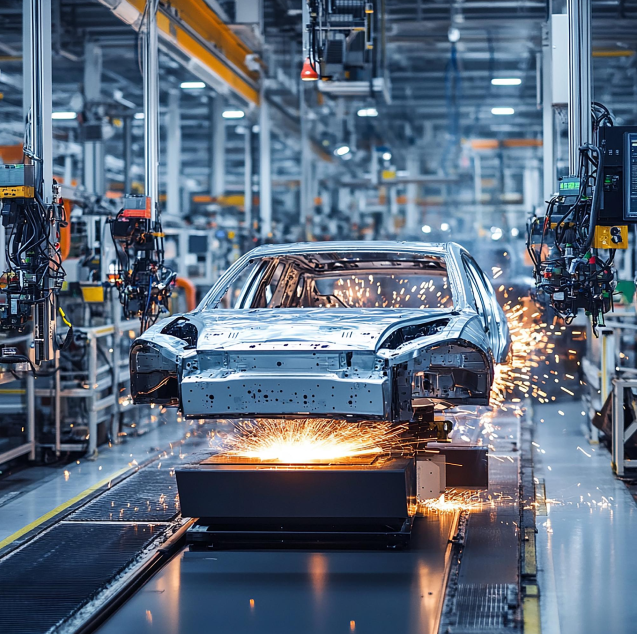Why Invest in Automobile
-
Growing Income
India’s per capita Net National Income (NNI) increased by 35.12% from INR 72,805 in 2014-15 to INR 106,744 in 2023-24.
-
Vehicle penetration
Expected to reach 72 vehicles per 1000 people by 2025.
-
Expanding R&D hub
India accounts for 40% of the total $31 Bn of global engineering and R&D spend.
-
Atmanirbhar Bharat Abhiyaan - Self Reliant India
A special economic and comprehensive package of INR 20 Lakh Cr towards promoting manufacturing in India.

Incentives & Schemes
-
PLI Scheme for Automobile and Auto Components Industry
-
PLI Scheme on Advance Chemistry Cells (ACC)
-
Scheme to Promote Manufacturing of Electric Passenger Cars in India (SPMEPCI)
-
Automotive Mission Plan 2016-26
-
Electric Mobility Promotion Scheme (EMPS) 2024























